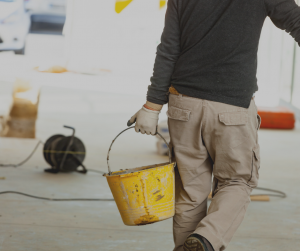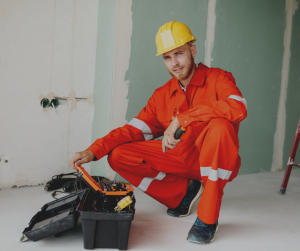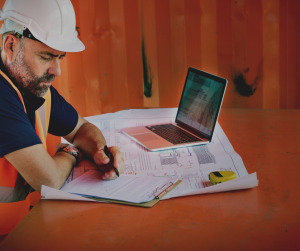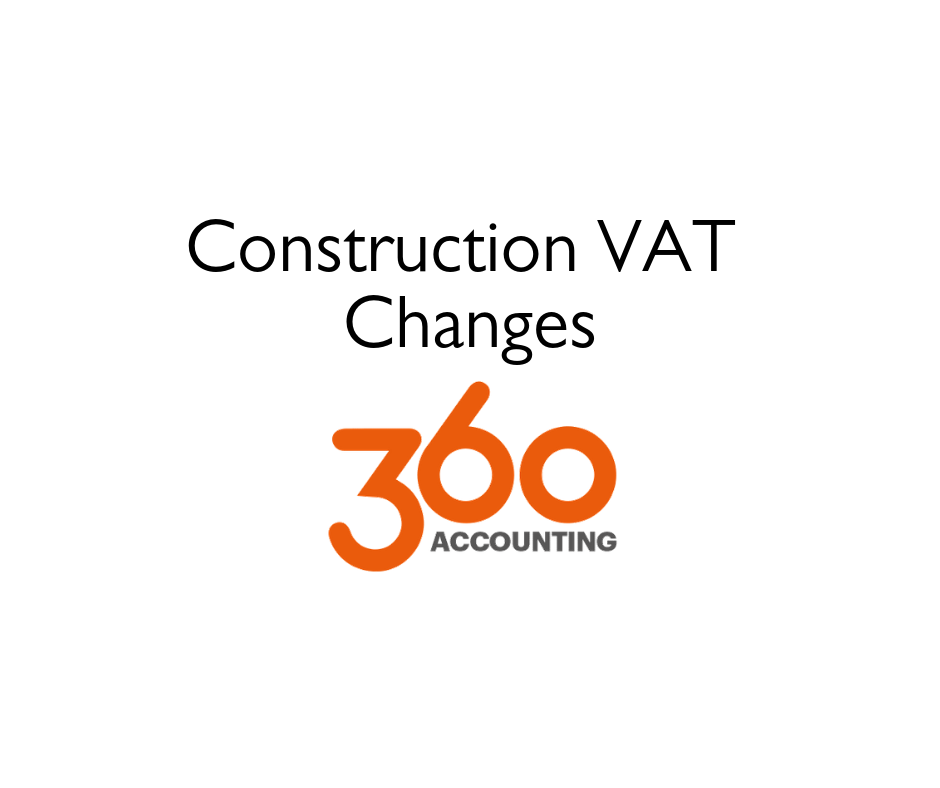Changes to VAT affecting supplies relating to the construction industry are scheduled to come into effect from the 1st of October 2019. At present the sub-contractor is responsible for charging and accounting for supply related VAT to HMRC from main contractors. As of the 1st of October 2019, the contractor will be responsible for declaring the VAT for supplies received from the sub-contractor under the “reverse charge” rule. The main contractor can now make an equivalent VAT deduction subject to the normal rules of VAT recovery.
Who will be affected by the changes on the 1st?

The new rules will only affect supplies charged at the standard or reduced rate of VAT where payments are reported through the Construction Industry Scheme. The main categories of construction services affected by the VAT changes are:
Renovations and maintenance services.
Heating ventilation.
General construction.
Groundwork construction.
Cleaning services.
Painting and decorating of buildings & structures.
How does this affect subcontractors?

Firstly, you need to verify that the contractor is actually VAT registered
Once you have confirmed this, instead of you charging customers VAT, you will need to issue a VAT reverse charge invoice.This will state the services provided by you are subject to domestic reverse VAT rules. As a result of this you will no longer receive VAT reimbursements from customers which need to be sent to HMRC.
Upon issuing a reverse charge for a VAT invoice the responsibility for charging, and accounting for the VAT will now rest with the contractor receiving your services.
How does this affect the contractor?

Rather than paying your suppliers for the services they provide inclusive of VAT. You will now be required to identify the appropriate VAT rates (standard rate of 20%, reduced rate of 5% or zero rated) depending on the nature of the services they have provided you.
You will then be required to charge yourself for the subcontractors’ VAT at the appropriate rate and subsequently recover this in your VAT return using the reverse charge VAT rule.
What do you need to do next?

Firstly, don’t panic! Our friends at HMRC have said it will be operating a ‘light touch’ on any mistakes and penalties for a six-month period after the reverse charge comes into effect that they believe to be genuine. This is on the proviso that the company is now deemed to have acted in good faith and is trying to comply with the new legislation.
Secondly, prepare yourself for changes to your cash flow.
Subcontractors: You will no longer be receiving VAT from your customers. Think about ways to mitigate the impact on your cash flow.
Contractors: Your cash flow should not be affected as they are tax neutral. It is worth anticipating the impact that VAT changes may have on your suppliers however.
In both cases it is advisable that you review your current business relationships and how these changes to legislation can impact them. We would also recommend that you review your internal processes and the systems that manage these to ensure the changes have minimal disruption to your business.
Will this affect you?
If so, please feel free to contact us if you require any help or further information regarding these changes to VAT.
